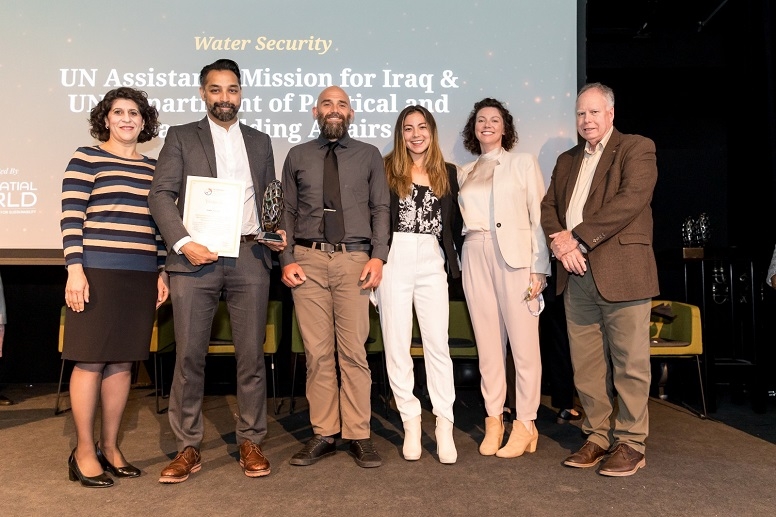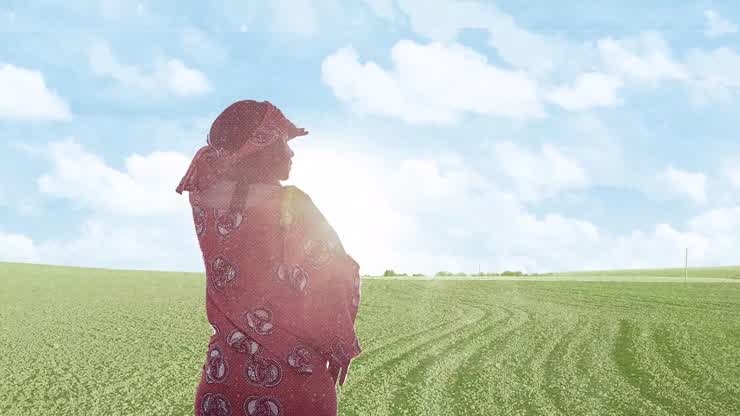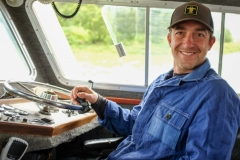Environmental Policy Students Win Competitive Fellowships and Scholarships
| by Jason Warburg and Edy Rhodes
Students in the International Environmental Policy program were awarded numerous fellowships and scholarships that will support field research and learning opportunities around the world.




